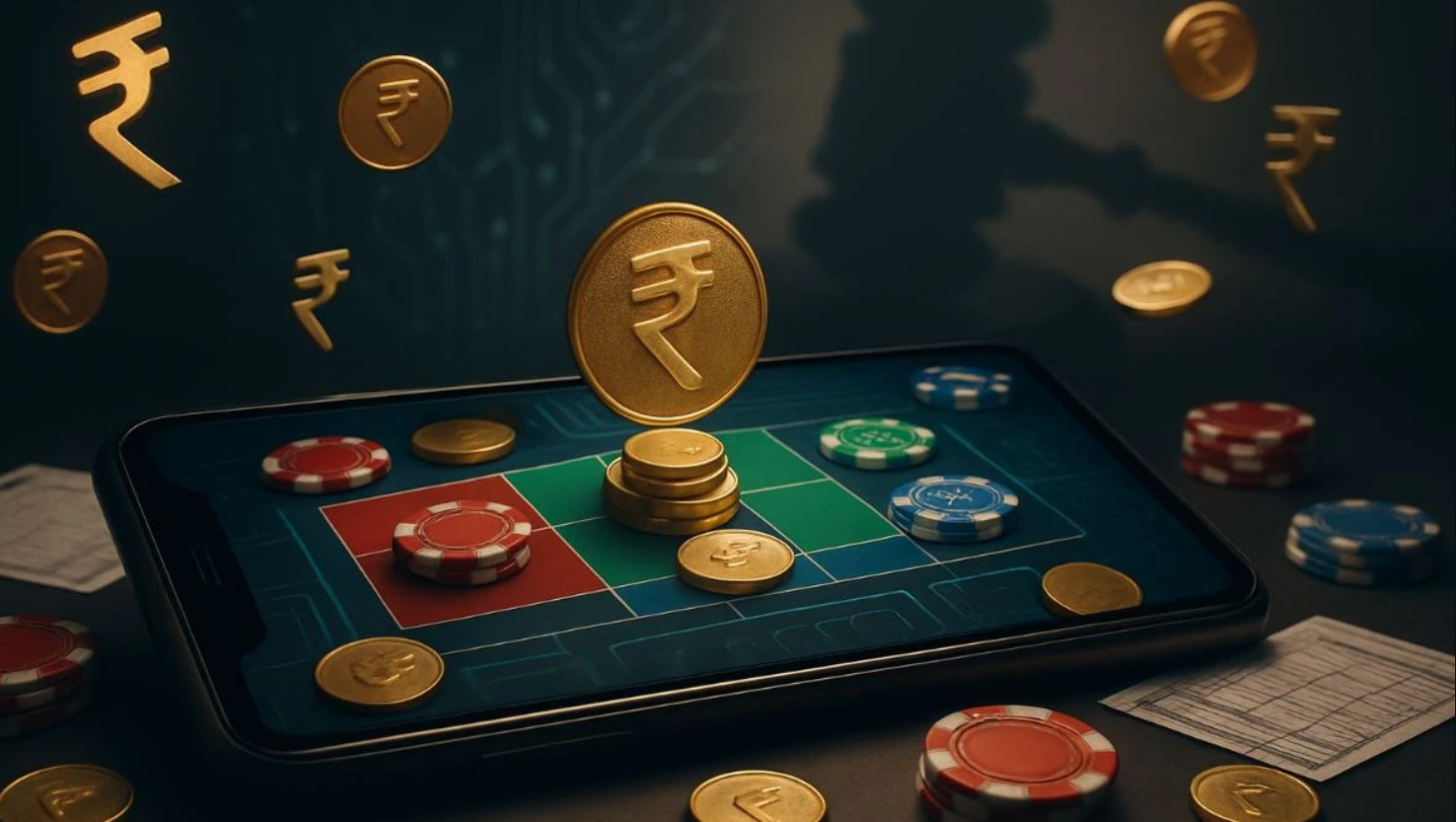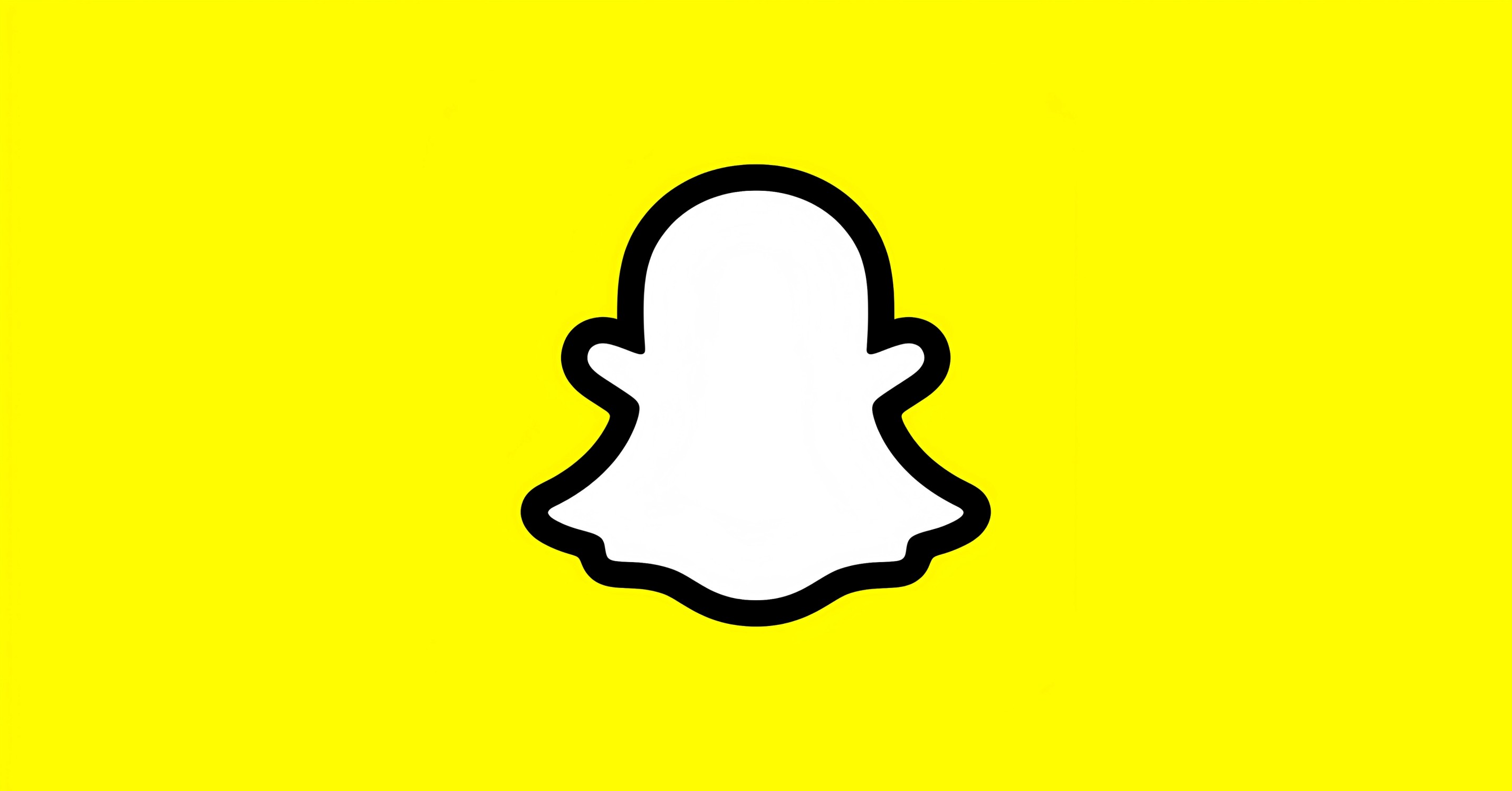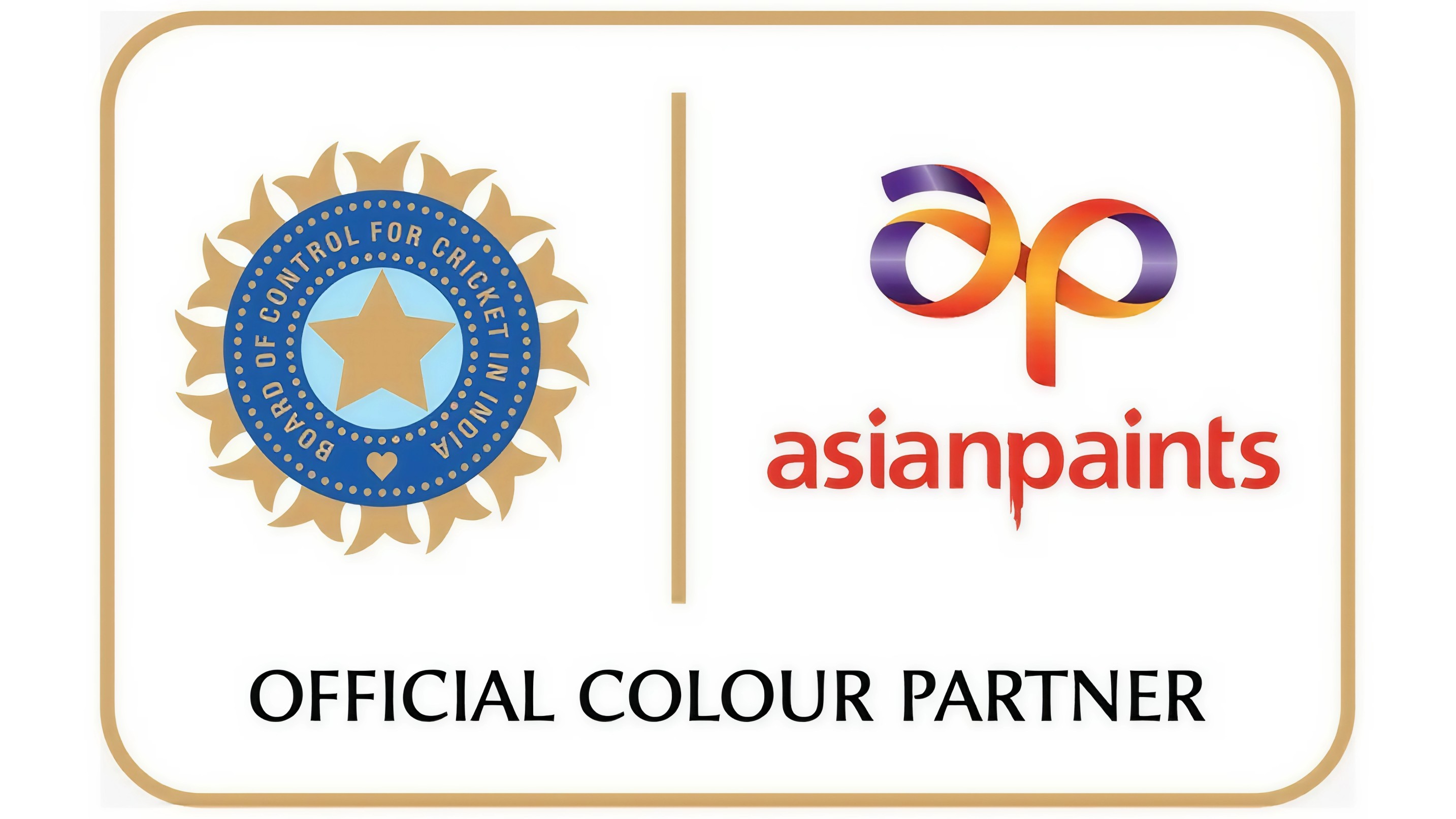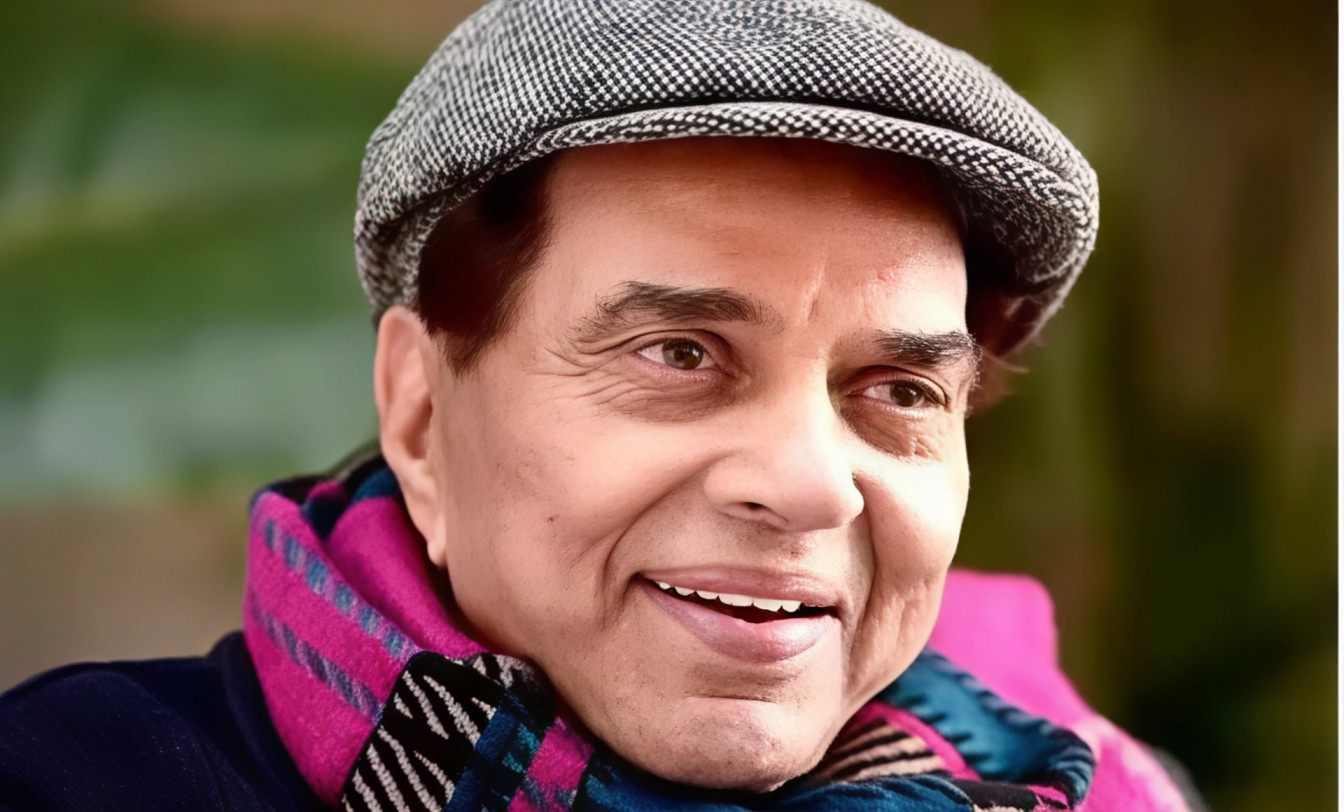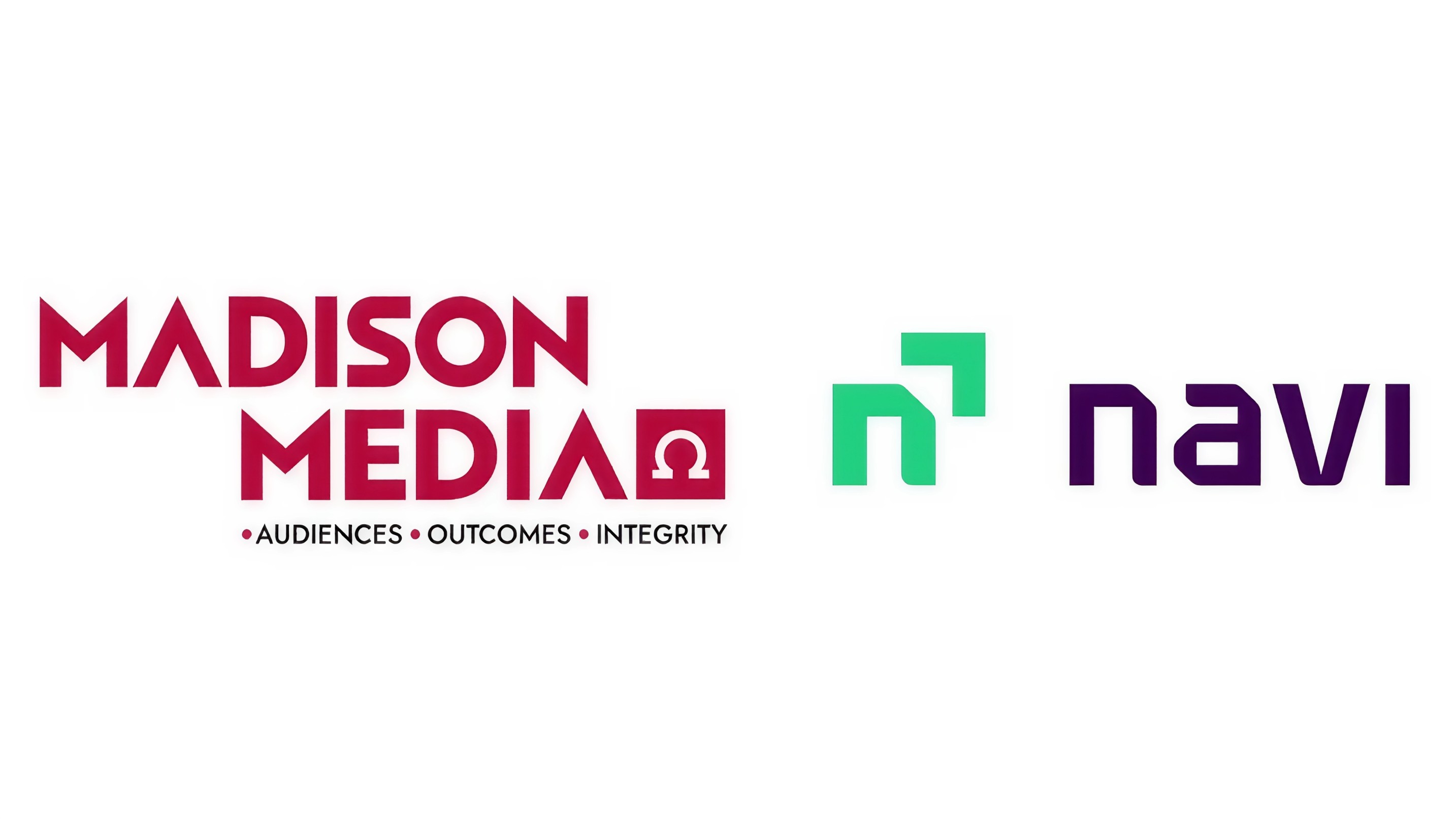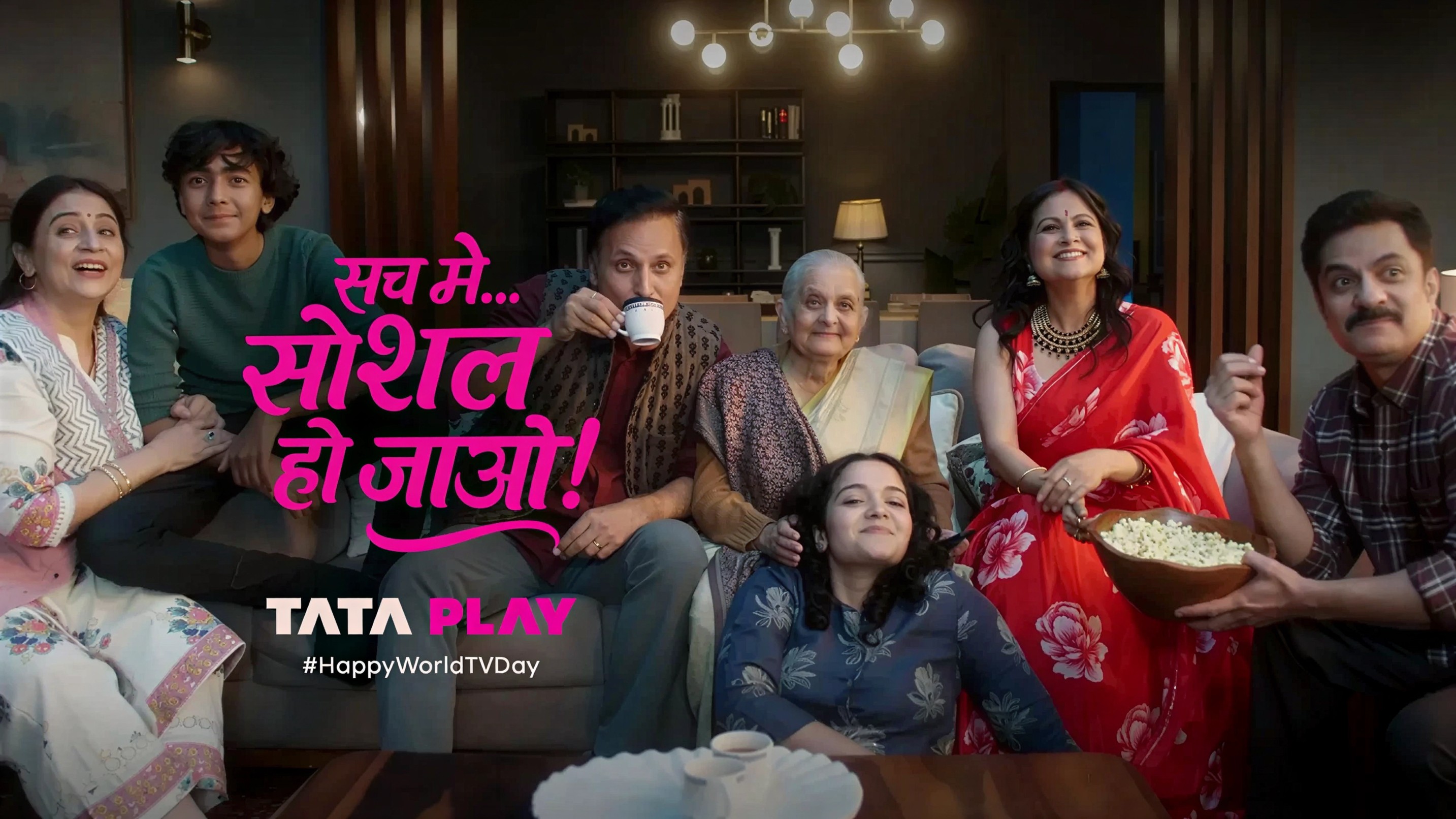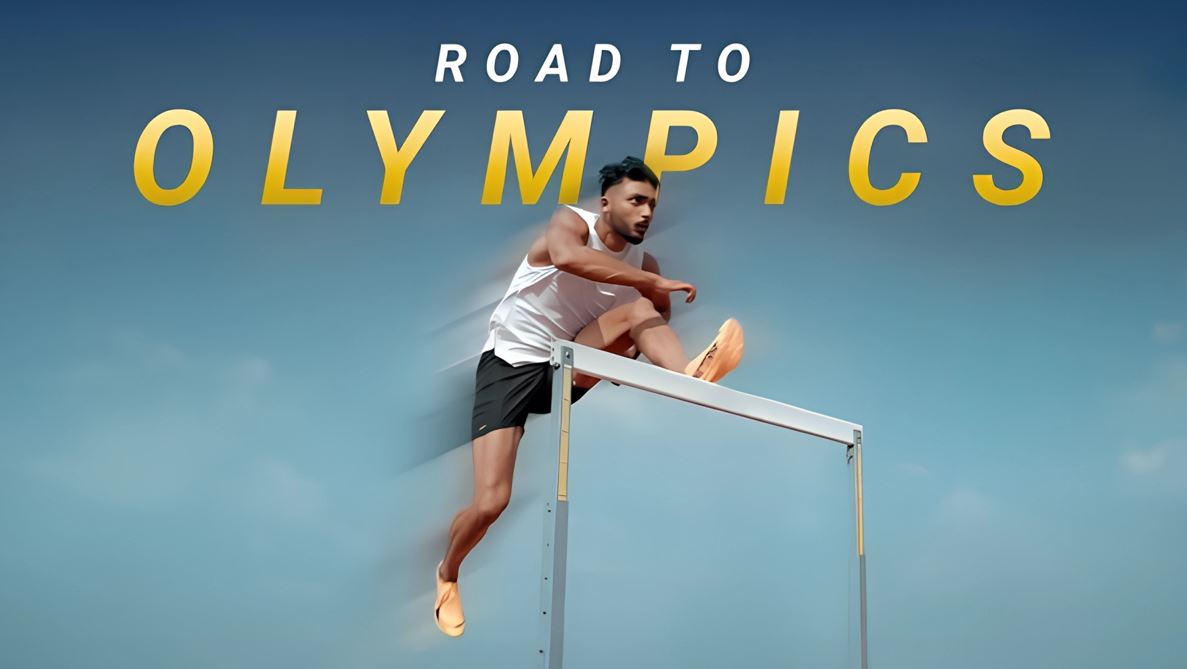The Government of India’s Online Gaming Bill, introduced on August 20, 2025, has cast a shadow over the future of real money gaming platforms like Dream11, Mobile Premier League, My11Circle, WinZO and RummyCircle. If the bill becomes law, these platforms that allow users to pay and play for cash rewards will no longer operate. While this move directly impacts the gaming industry, its ripple effects may prove just as damaging for Indian sport.

For years, real money gaming firms have been among the biggest sponsors of sporting events, leagues and athletes. Dream11 in particular has been a dominant force, becoming the official fantasy partner for the Indian Premier League, the Pro Kabaddi League and the Indian Super League. Its brand has appeared on jerseys, advertisements and even the Indian national cricket team’s kit, following a massive investment of over 350 crore rupees in a BCCI sponsorship deal. Similar investments across cricket, football and kabaddi have cemented real money gaming as a lifeline for sports marketing in India.
Cricket has been the largest beneficiary of this influx of money. According to GroupM’s Sporting Nation report, India’s sports sponsorship industry grew six percent last year to reach over 16,600 crore rupees. Experts estimate that nearly 85 percent of sponsorship spending from gaming firms goes directly into cricket. Other sports like football, kabaddi and volleyball, which are still working to build stable sponsorship bases, rely even more heavily on these gaming brands. For leagues outside cricket, the sudden loss of funding could be devastating.
ADVERTISEMENT

The problem extends beyond sponsorships. Many of these companies also support athlete development programs and grassroots initiatives. Dream Sports Foundation, for example, has invested in training for badminton, basketball, table tennis and football. Without this support, young athletes could lose vital opportunities for growth.
Industry experts warn that replacing real money gaming firms will not be easy. While categories like banking, financial services, automobiles and e-commerce may eventually step in, their spending is unlikely to match the aggressive investments made by gaming companies in the short term. IPL franchises might still secure new jersey sponsors, but smaller leagues and regional cricket tournaments will face bigger challenges.
The Online Gaming Bill not only bans cash-based platforms but also penalises their promotion, making it legally risky for sports entities to continue partnerships. As a result, the sponsorship landscape of Indian sport is heading for a dramatic reset. The next five years will determine whether traditional sponsors can step up and provide the stability that real money gaming once offered.
Follow Marketing Moves on Instagram and Facebook for more updates on the biggest shifts in the world of sports, brands and marketing.

